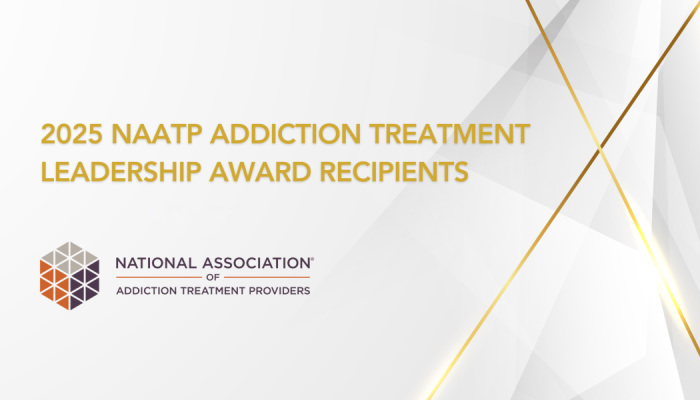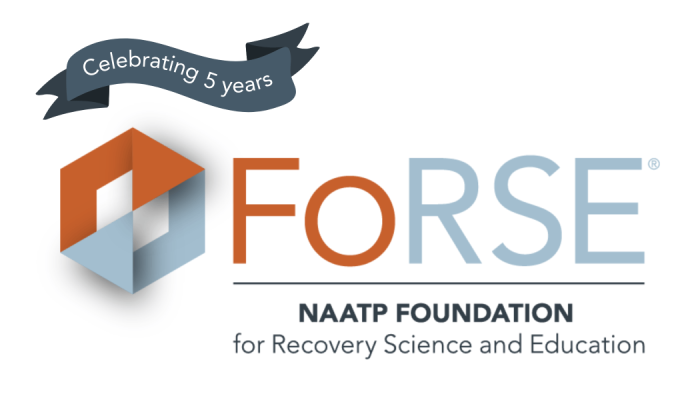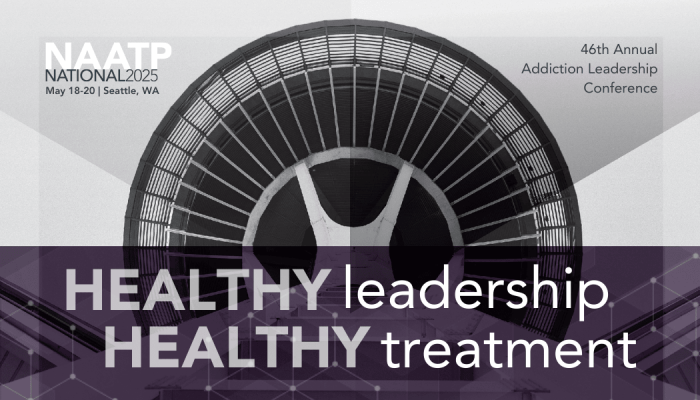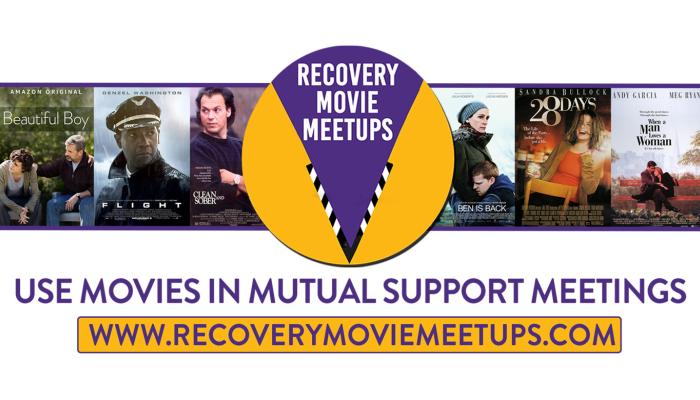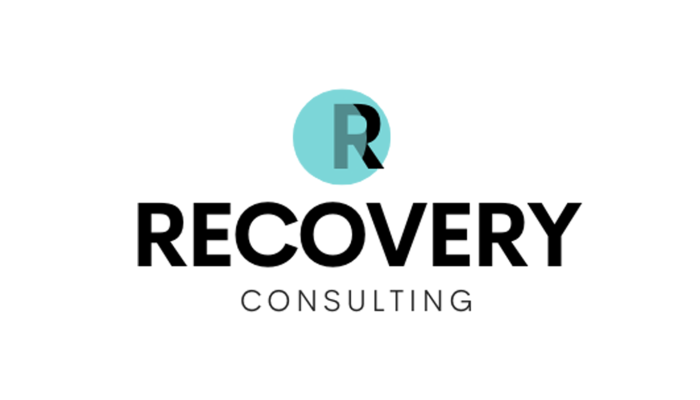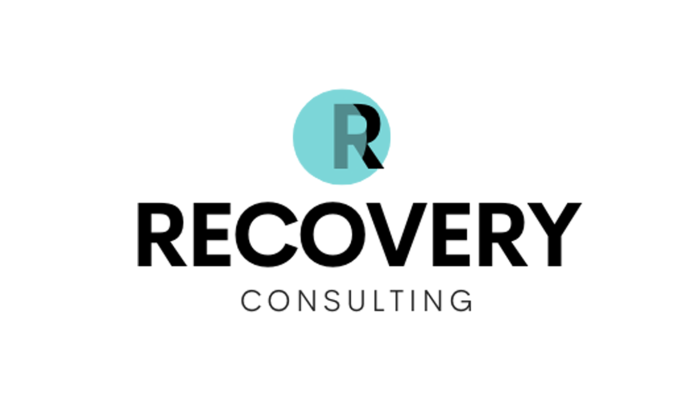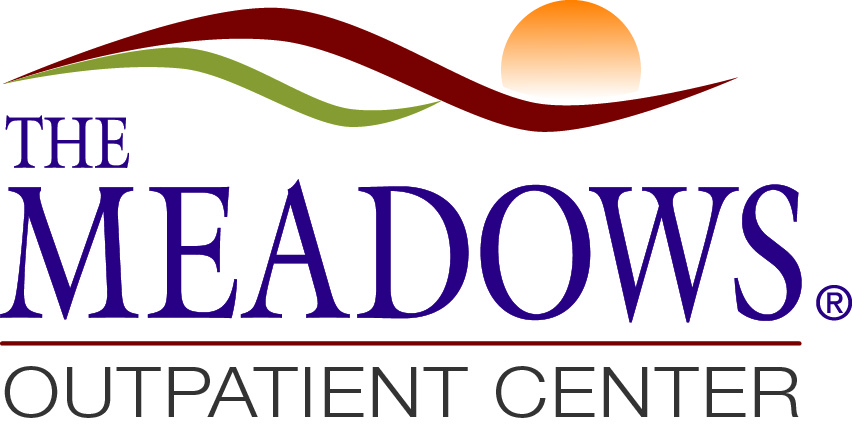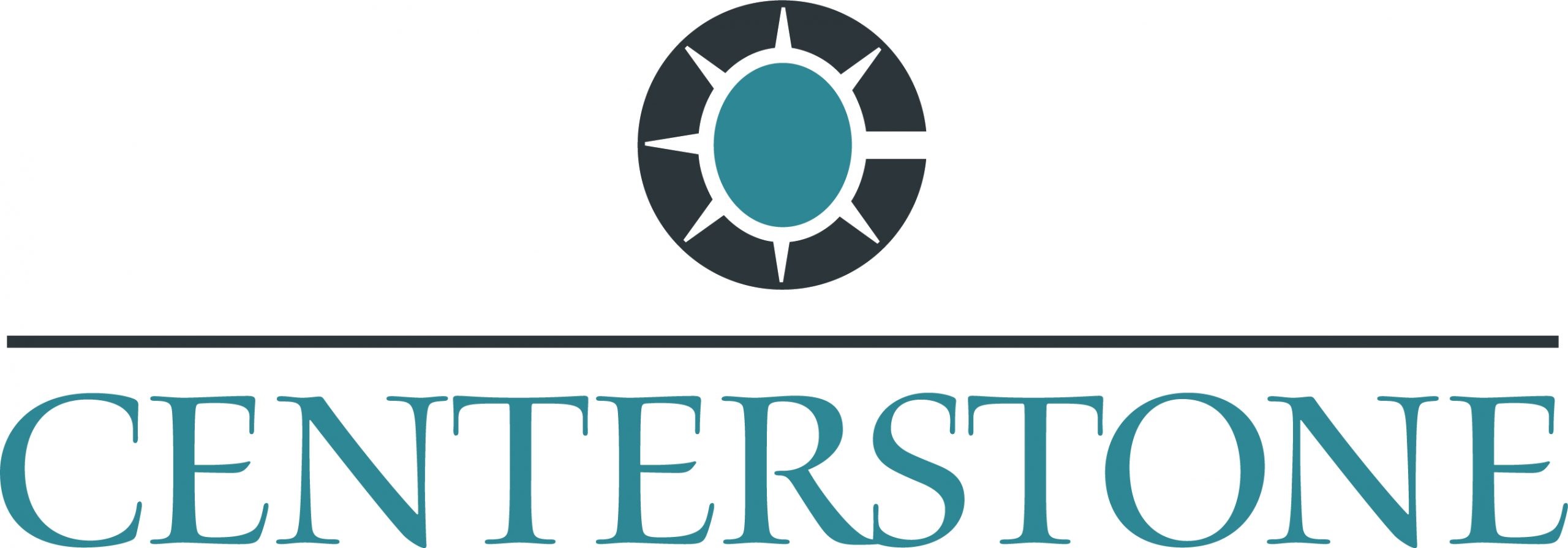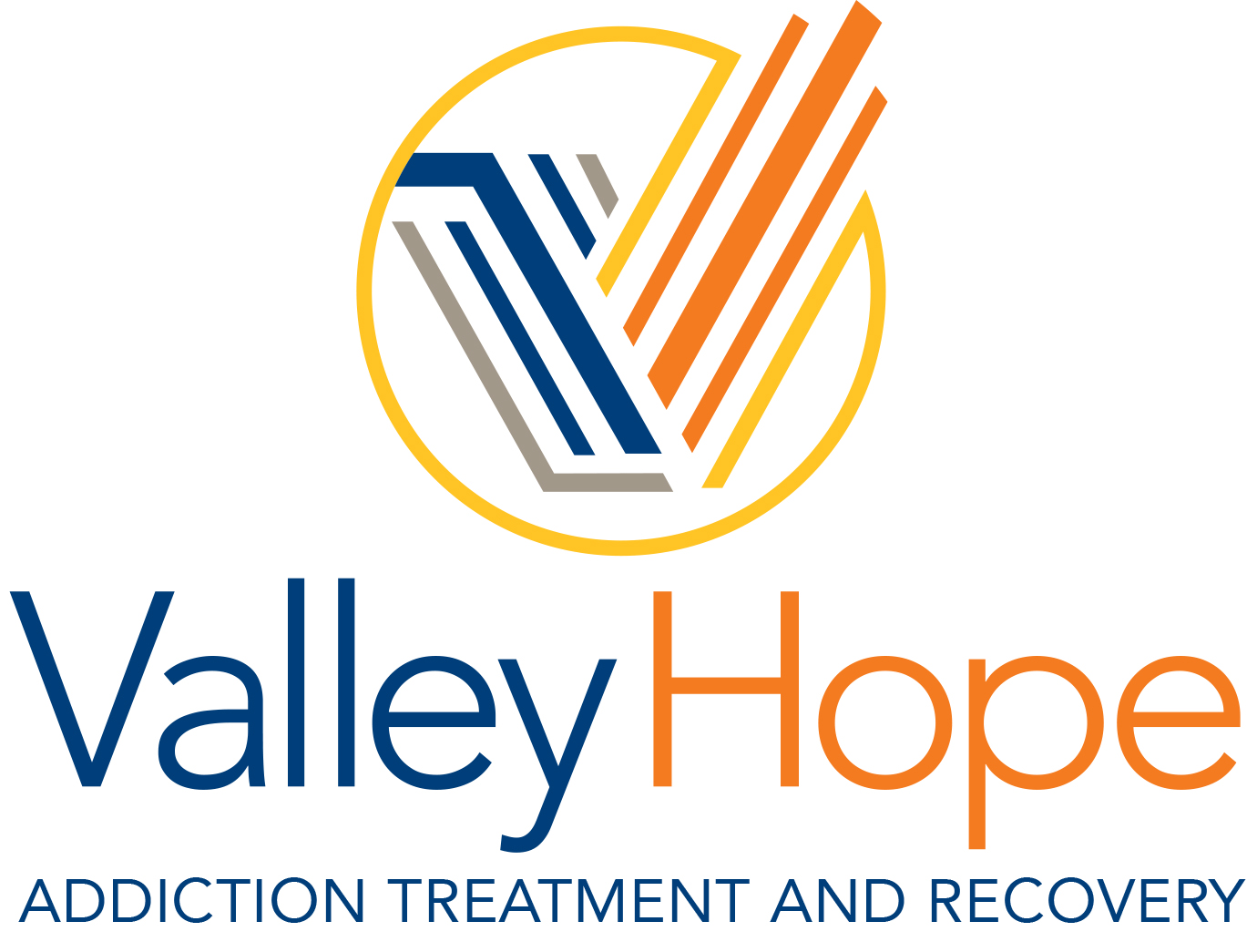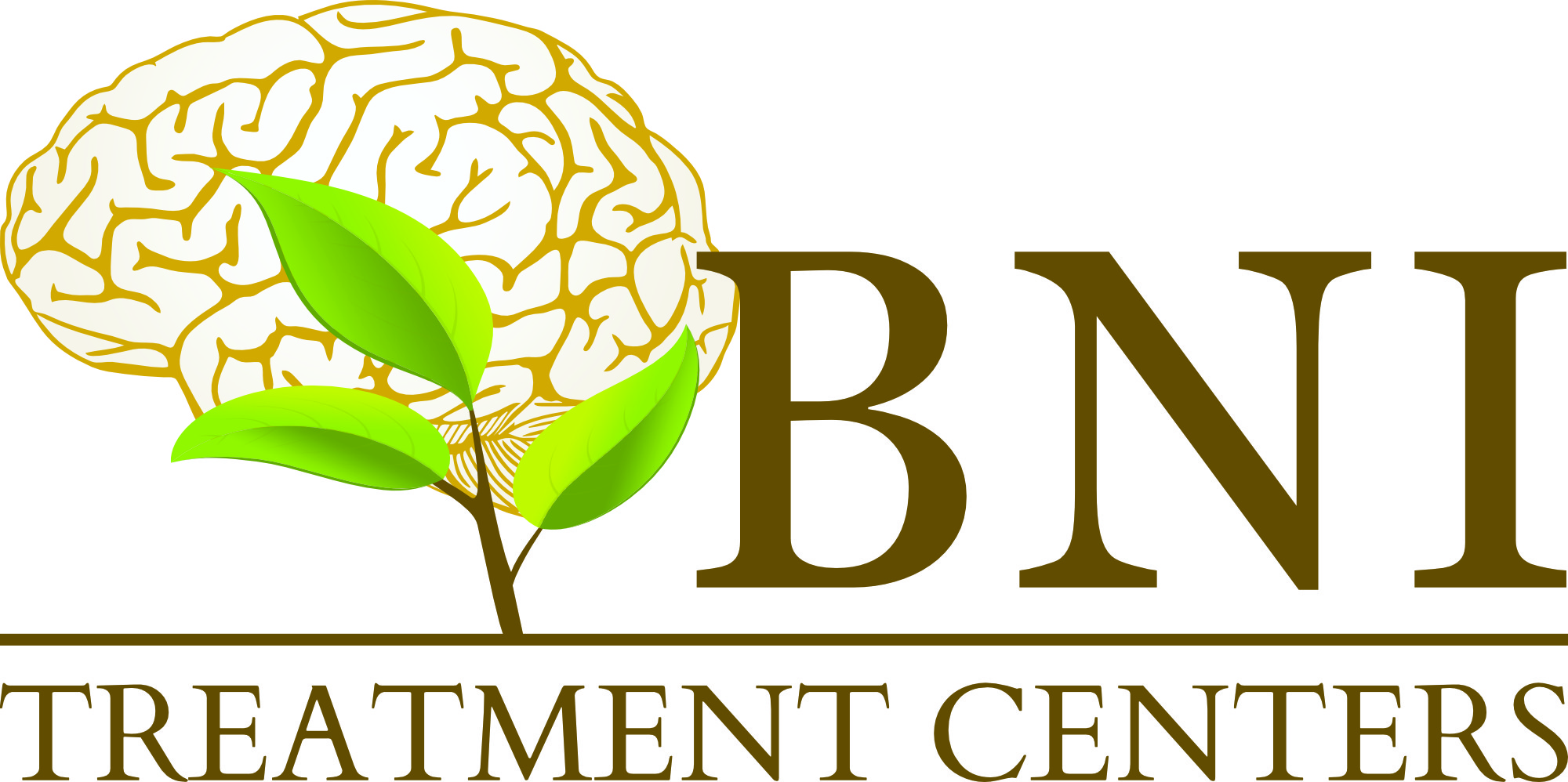Drug addiction (also called a “substance use disorder,” by the Diagnostic and Statistical Manual of Mental Disorders, Fifth Edition) is a chronic, relapsing brain disorder characterized by a substance-seeking compulsion that exists despite the negative consequences of drug use. Substance use disorder impacts the body (physical dependence), brain and behavior. It is recommended that those seeking treatment for drug or alcohol addiction find a treatment center that takes the whole person (body, mind, spirit, and relationships) into consideration. It is also wise to get help from your physician, family members, sober friends, and 12-Step support groups to overcome SUD and remain abstinent over time.
Signs & Symptoms of a Substance Use Disorder
According to the fifth edition of the Diagnostic and Statistical Manual of Mental Disorders (DSM-5), the following criteria are used to diagnose a mild, moderate or severe substance use disorder. You can use these criteria to alert you to a possible addiction or physical dependence on a drug. If you or someone close to you develop these signs, it is wise to consult a physician or addiction treatment professional to obtain a diagnosis and seek appropriate treatment.
- Hazardous misuse. Using a legal drug for something other than what it is meant for, for longer than you should take it, or in large quantities. Using illegal drugs in a way that is dangerous to yourself or someone else.
- Lack of control. An inability to slow or stop substance use, despite repeated attempts to quit using.
- Cravings. Compulsive, unmanageable urges to use the substance. This may lead to stealing money to purchase drugs, lying to cover drug use or feeling justified doing whatever it takes to obtain a drug.
- Time wasting. Spending excessive amounts of time seeking, taking or recovering from drug use. Withdrawing from life and focusing solely on substance use.
- Neglect of family, work or relationships. An inability to follow-through with necessary home and work tasks; a lack of attentiveness to healthy life-activities. People with SUD may stop going to work, neglect personal hygiene or withdraw completely from family life and friendships.
- Neglect of relationships. Continuing to use your substance of choice, even when it negatively impacts family relationships or friendships. This may eventually lead to the total destruction of relationships.
- Withdrawing to use. Giving up the social, recreational or occupational activities you once engaged in so you can seek and use a substance of choice. Becoming a total recluse; throwing yourself into drug-use behavior.
- Using drugs despite harm. Compulsively seeking and using drugs, despite the harmful consequences it causes. Putting yourself or others in direct danger in order to obtain and use a substance of choice.
- Physical or psychological consequences of use. Continuing drug misuse, even when it leads to or exacerbates health problems or mental disorders.
- Physical tolerance. Needing more of a drug or trying different drugs to get the same effect you wish to achieve. Building a physical resistance to the substance over time.
- Withdrawal symptoms. Painful physical or psychological symptoms that occur when a drug wears off. These symptoms may be physically or psychologically tormenting, but they are not enough to discourage future drug misuse.
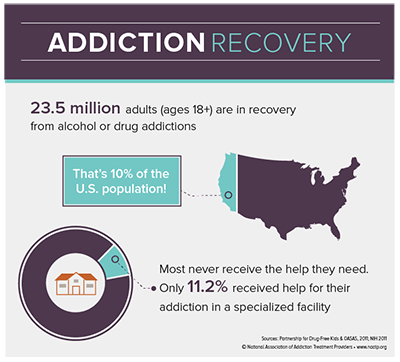
View more Addiction Treatment statistics
Getting Help for Substance Use Disorder
If the signs and symptoms above remind you of yourself or they sound like the behaviors of a close friend or family member, it’s time to get help. Developing a physical tolerance to a drug, withdrawing from a drug or using a drug compulsively without considering the harmful consequences may signal the development of addiction.
If you or someone you know needs help now, call 988 which is the new three-digit dialing code that is available nationwide for anyone in the U.S. to contact during a mental health, substance use or suicide crisis. This hotline was created to ensure that individuals who are experiencing mental health-related distress can connect with compassionate support. People can also dial 988 if they are worried about a loved one who may need crisis support.
Committed to helping families find high-quality, ethical treatment providers, the National Association of Addiction Treatment Providers offers a routinely updated Addiction Industry Directory. To better understand addiction and how to choose an appropriate treatment provider, browse NAATP’s Addiction & Treatment Resources section.




